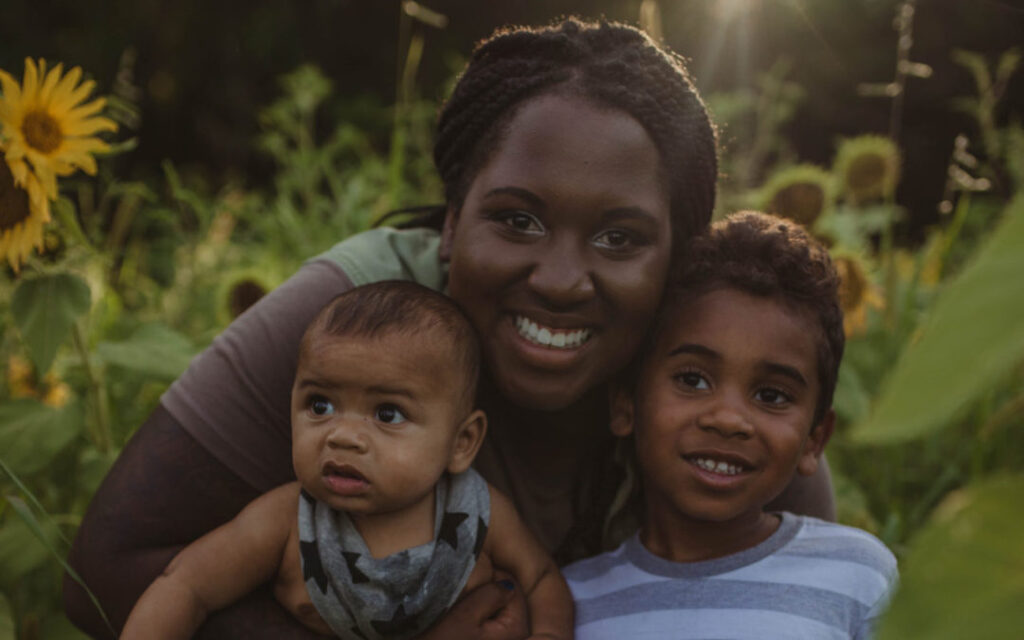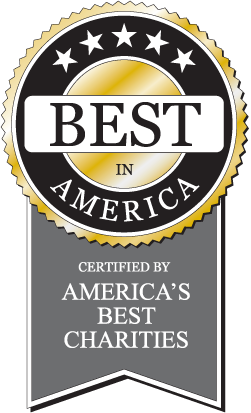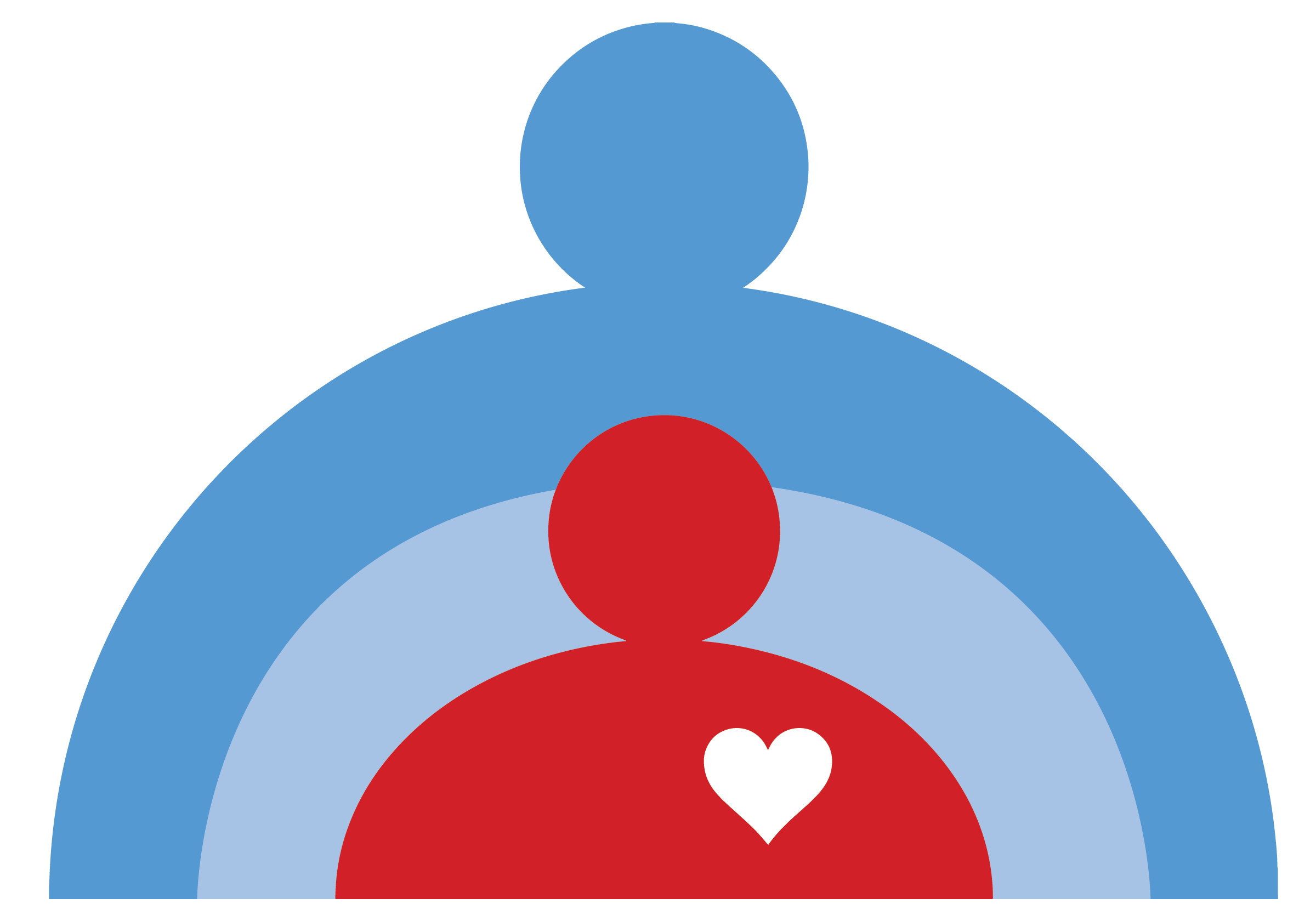
Sarah with her two kids Micah, 5, and Max, 1.
“An office job scares me,” says CASA volunteer Sarah Matuszak. Yet Sarah isn’t intimated by fighting fires or saving lives. For seven years she worked as a firefighter and emergency medical technician (EMT) in both Milwaukee and Waukesha counties. In 2016, she volunteered as a medic for water protectors at Standing Rock. Now, Sarah is pursuing a nursing degree. Each step along the way, Sarah is committed to a life of service. Sarah reflects, “I like to do things that are meaningful and greater than myself. I think that’s what drew me to CASA and to my career as well. I feel that I’m at my best when I’m helping other people, especially when those people are marginalized or underserved.”
Sarah’s experience working in difficult situations makes her particularly well-suited for being a CASA volunteer. Her energy and care for others has helped her connect with her CASA youth. She is currently working with two teenage sisters, Sofia* and Carrie*, who are placed in a group home.
Sarah says that the girls warmed up to her quickly, much to the surprise of the other adults in their lives. Sarah believes that her ability to relate to Sophia and Carrie is key, “I think it’s the fact that I’m black, I’ve lived in Milwaukee, that I rock natural hair and tattoos. They see themselves in me, and I think that makes a very big difference in how well we co-exist.”
Disproportionality continues to be a problem in the child welfare system and having a CASA volunteer of a similar background can make a world of difference for a teen. Sarah says, “They haven’t had a stable mentor, so they’re not really sure what adult life should look like, and how successful you can be even if you haven’t had the easiest path.”
Right now, it seems like both girls may age out of foster care so Sarah is helping them to prepare for this not too distant future. A main focus is making sure the girls go to school and keep their grades up. Both Sophia and Carrie have aspirations of going to college, which makes high school all the more important.
Sarah now also finds herself navigating the challenge of supporting the girls during the COVID-19 pandemic. Although she’s been unable to continue her weekly in-person visits with the girls, she’s been in constant contact with the staff and director at their group home and says that good communication is now more important than ever. Youth in group homes often do not have access to technology so Sarah is trying to find ways that the girls can demonstrate they are doing schoolwork remotely. Not only is this important for their long-term goal of college, but Carrie also wants to learn to drive and needs a solid attendance record to get a learner’s permit.
Sarah’s advocacy during COVID-19 is further complicated by the fact that Sophia has diabetes. For her to test positive for the virus would be dangerous, and Sarah is glad that Sophia has her sister there to support her in challenging times.
“It’s been nice to see her older sister helping her out at this time. Carrie will go out for Sophia if she needs something, and is always there to remind her that staying inside is what’s safest for her right now,” says Sarah.
Sarah says that advocating for a youth with an underlying health condition requires extra listening. “The diabetes makes all other functions in her body work less efficiently, so I have to keep any minor difficulties she’s mentioning in the back of my mind in case they develop into something more.” Sarah is also building up Sofia’s confidence so she can be vocal about her needs with others. Sofia’s condition affects so many aspects of her life; she has to monitor her blood sugar, eat the right foods, and take extra care of cuts and scrapes, so it’s important that she also learns to advocate for herself.
After all, as Sarah says, “Helping youth to learn to advocate for themselves is one of the greatest gifts that we could ever give them.”
A Brief Q&A with Sarah Matuszak:
What is something that surprised you about being a CASA volunteer?
Sarah: “Honestly, the stress. These young people become such a big part of your life. If I find myself a little late for a phone call or a visit I truly feel bad. It’s not like a hobby or a typical volunteer position. When you become a CASA volunteer, the kids become part of your life; you can’t turn off, and you don’t want to.”
What is the most important lesson you’ve learned in your time as a CASA volunteer?
Sarah: “There are two. The first is to get comfortable with being uncomfortable. When you insert yourself into as many lives as CASA volunteers do you’re bound to find people who don’t like that you’re involved. Also, there are plenty of cultural and worldview barriers. It’s so easy to stay in your comfort zone, but that’s not where growth happens.
“Secondly, I would say that you have to let go to some extent, especially when your CASA youth is a teenager. Teens are going to do things that you told them not to do, and that’s normal to a certain extent. You have to remember that you can’t force change, but you can guide them and be there when they need you.”
Why should others consider becoming a CASA volunteer?
Sarah: “It’s such a hands-on way to get involved and make sure that the entirety of your effort is going towards helping a child. This is a way to get as close to the problem as possible. With CASA, you have a clear goal and can see the impact of your work in another human being.”






